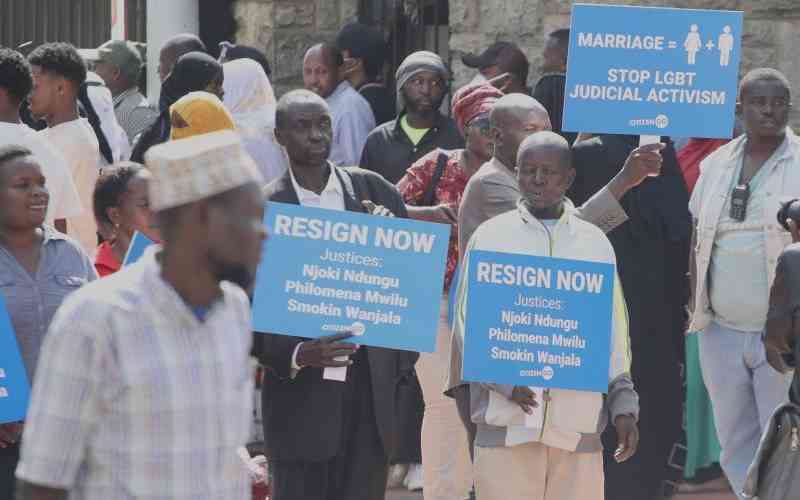
Today, May 17, marks the observance of the International Day Against Homophobia, Biphobia, and Transphobia, a global initiative dedicated to raising awareness and advocating for the protection of human rights for all individuals. The theme for this year's commemoration is, "No One Left Behind: Equality, freedom, and justice for all."
In recent years, numerous regressive laws and policies, particularly across the African continent, have fueled prejudice and infringed upon the rights of minority groups. Instances such as the enactment of the Anti-Homosexuality Act in Uganda, alongside similar legislative proposals in other jurisdictions, have contributed to the perpetuation of discrimination and abuse against sexual minorities. Conversations have taken place regarding the potential formal introduction of a comparable bill to the National Assembly of Kenya, with draft versions of the bill already out. About six African countries have taken steps to tighten their anti-homosexuality laws.